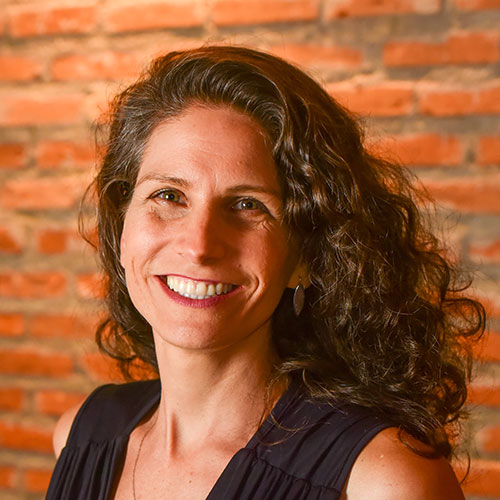Inspired by Freud’s public clinics, Favela de Psicanálise popularizes therapeutic training in a district of São Paulo
The project promotes seminars and clinical improvements with supervision and family care.


Understanding how the unconscious operates in our mind can treat individual pain and suffering. Based on this premise, the Favela de Psicanálise project seeks to popularize access to this debate and to clinical care in São Miguel Paulista, in the east zone of the city of São Paulo. Inspired by the idea of Freud’s public clinics, the project articulates and mobilizes professionals and patients around seminars and clinical improvements in the territory.
The objective is to offer a popular basic training in psychoanalysis, which is capable of breaking with the elitist notion that was created around the treatment of the mind in Brazil. The project, which started in 2022, is in its initial phase. The idea came from Raul Araújo, a psychologist with additional training in education, peace studies and philosophy:
“I studied psychology, I always had a practice with children and adolescents living on the streets, with men and women incarcerated, and I missed a place to discuss and think about psychoanalysis outside the bubble of wealth”, he says.
Thus, after working in various places in Brazil and the world, working with institutional supervision, reception and training for CAPS (Center for Psychosocial Care), Raul invited professional colleagues to prepare and implement training. Through monthly debate cycles and counting on guests who are references in the themes, the group and the discussion are gaining momentum.
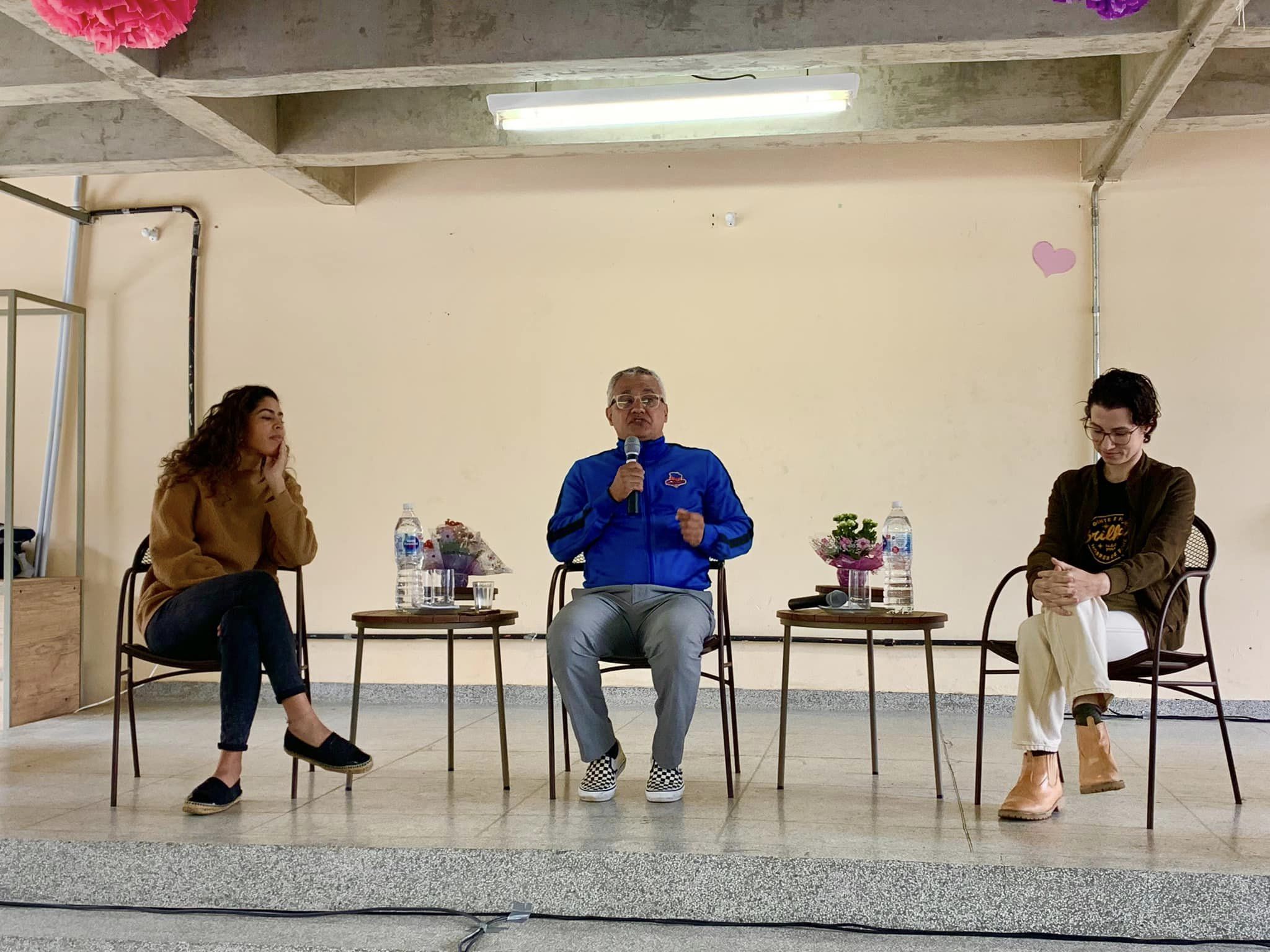
Freud’s public clinics
The physician Sigmund Freud considered the creator of psychoanalysis, was the one who identified that the unconscious could help explain human behaviour. For Freud, the mind operates through conscious and unconscious decisions and, through therapeutic analysis, it is possible to understand the unconscious motives that lead the individual to act in a certain way.
Psychoanalysis, however, should not be restricted to a solitary clinical construction. According to Freud, mental health care must be ensured as a fundamental aspect of citizenship. His activism emerged at a time of progressive political effervescence in Vienna, Austria, in the 1920s. In this context, he implemented free psychoanalysis clinics.
His proposal was directly associated with the defence of emancipation and social responsibility, with the right to health care above all else. Active therapy, he said, could help strengthen democracy. Outpatient centres, or the mass application of therapy, would help to restore individuality and social participation in a period marked by the end of the First World War.
Back in São Miguel Paulista, in São Paulo, the Favela de Psicanálise project starts its activities based precisely on the book “Freud’s Public Clinics: Psychoanalysis and Social Justice”, by Elisabeth Danto. The book brings the historical and personal circumstances that led Freud to defend public therapy in the interwar period in Europe. At the same time, it shows how fascism ended the idea of psychoanalysis as a social right that should be widely accessible to the population.
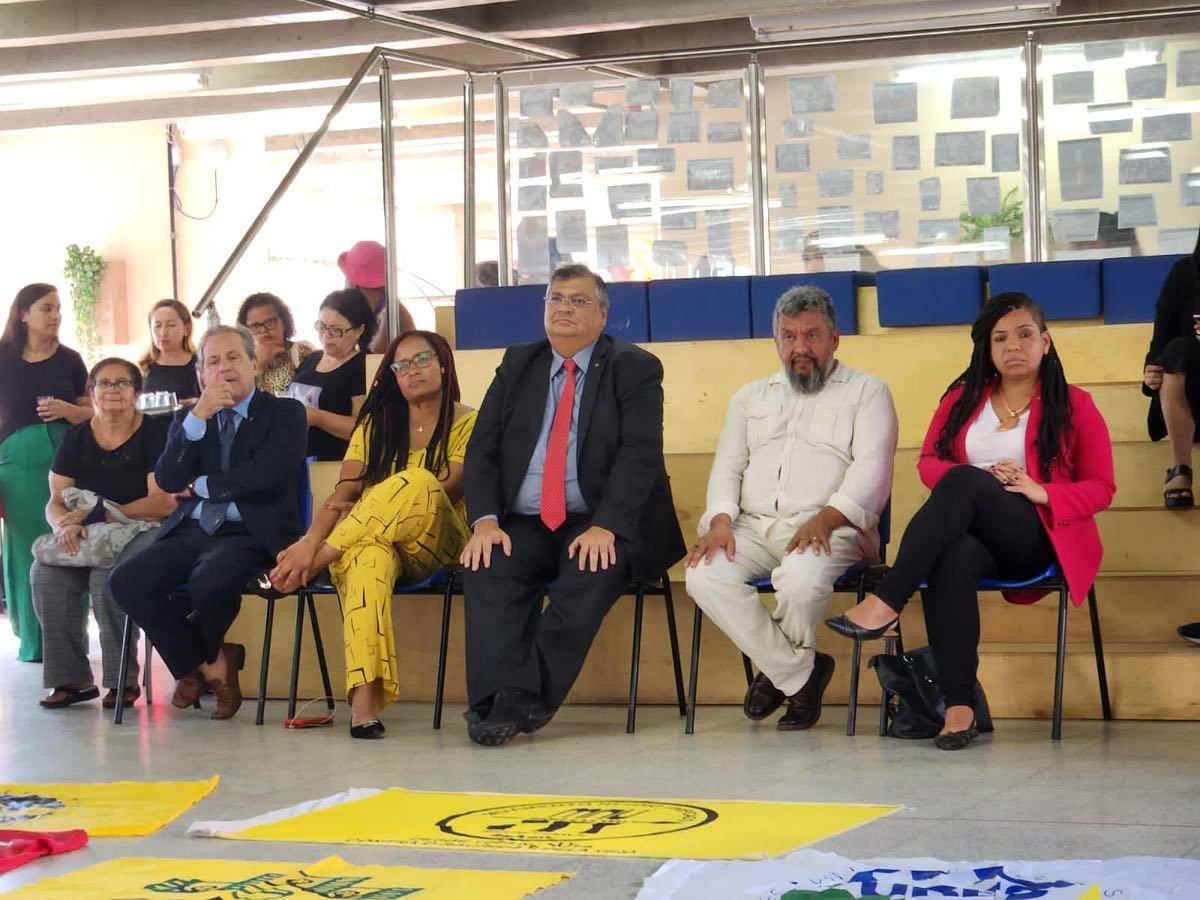

Movement under construction
As in Freud’s public clinics, the Favela de Psicanálise project aims to offer plural and democratic training. It is a space under construction, but with a well-established idea, says Raul Araújo. “We want to think of psychoanalysis and the clinic outside the traditional places where they appear”, he says.
Questions about how to deal with the issue of hunger, exile, displacement and violence point to how this space is being built. It is not an individual and institutionalized training, warns Raul, but a collective training space for the working class analyst to assist the working class.
In this way, the debate cycles aim to promote reflection on aspects of psychoanalysis based on popular demands. According to Raul, “When the group is discussing a topic, it is possible to be indignant with situations and from the indignation build a field of assertion of rights. This has a lot to do with Paulo Freire’s pedagogy, we have a bit of that footprint too”, he says.
Guests such as psychoanalyst Douglas Rodrigues Barros and sociologist Deivison Nkosi have already been there, who addressed the theme of psychoanalysis and racism, and philosopher Olgária Matos, spoke about migration, exile and subjectivity. The Minister of Justice Flávio Dino and the Secretary of the National Public Security Program, Tamires Sampaio, also participated in the conversation circles.
The psychoanalysis meetings
About 20 people usually participate in the meetings, but there are events in which this number increases considerably, depending on the theme and the guest. Participants have varied professions: there are CAPS psychologists, Forum psychologists, justice servers, social assistants etc. And they come from different regions of the city like Grajaú, Cidade Ademar, Parelheiros, São Miguel Paulista, Itaquera, Guaianazes, União de Vila Nova and others, including vicinity cities like Campinas.
In general, interested people attend, since all activities are face-to-face, says Raul. Meetings are held on Saturday mornings. A conscious contribution is expected from each participant, which is used to offer the coffee and maintain the film crew, made up of young people from the community itself.
The themes of the seminars vary and meet the demands placed by the participants themselves. “A theme that came up during the meetings, for example, was the issue of drugs, due to the outbreak of k2 in the community, also known as synthetic marijuana. We discussed this issue from the perspective of harm reduction, psychoanalysis and law”, recalls Raul.
Last week, the debate was about food and reproductive work, and was attended by nutritionist and presenter Bela Gil and researcher and activist Adriana Salai, one of the creators of the solidarity action “Quebrada Alimentada”. The seminar addressed the relationship between hunger, food and work related to care, carried out above all by women. The theme was also suggested within the group.
Anyone can participate in the debate cycles. As for clinical improvement, it is necessary to have training in psychology and to have already attended at least once during the professional trajectory. Psychoanalysts Maria Rita Kehl, Regina Fabrinni, and Flávio Veríssimo, among others, supervise the weekly clinical improvement.
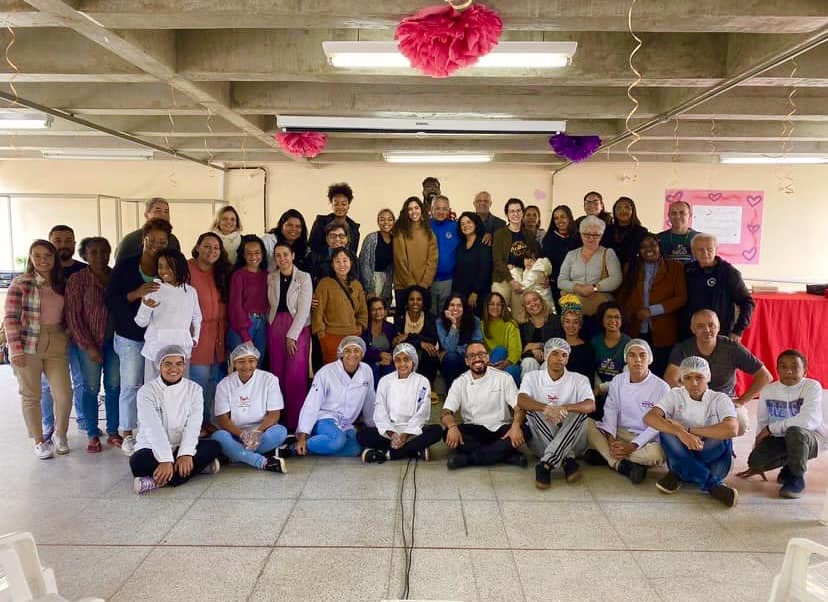

Centre and periphery
“The sociologist Jessé de Souza uses a very interesting term, which is backward elite. The elite in Brazil does not lead any process, does not participate in the competition of the world bourgeoisie, does not propose anything new, it just protects itself”, explains Raul about the reasons that make it difficult for the poorest populations to access psychoanalytic treatments.
The Favela de Psicanálise project is precisely an attempt to insert an approach hitherto restricted to a small privileged portion of the population into the daily lives of most people. The very name of the project brings a reflection:
Favela is a Caatinga plant. And in Canudos there was a hill covered by this plant, called favela hill. When there was the war in Canudos, the federal government hired former slaves who lived in Rio de Janeiro to fight alongside the army in what would be the last battle. On their return, they were promised a place to live as a reward. They fought and massacred everyone. But when they returned, they were not given housing. This population went to live in Morro da Providência, which they nicknamed Morro da Favela.
“The project has this connection with the notion of displacement, migration and violence, but also a place of recognition, appropriation of territory and power”, says Raul. For him, thinking about spaces in the city in terms of centre and periphery is a challenge, since its limits are in constant transformation.
“São Paulo already had the old centre, then it was the Av. Paulista, now the economic centre is Av. Berrini, Av. Faria Lima moved around as if he were protecting himself from the poor, so it is difficult to call everything that is not downtown a periphery because the neighbourhoods are very different, they have movements, people circulate, and a very different culture is produced”, he says.
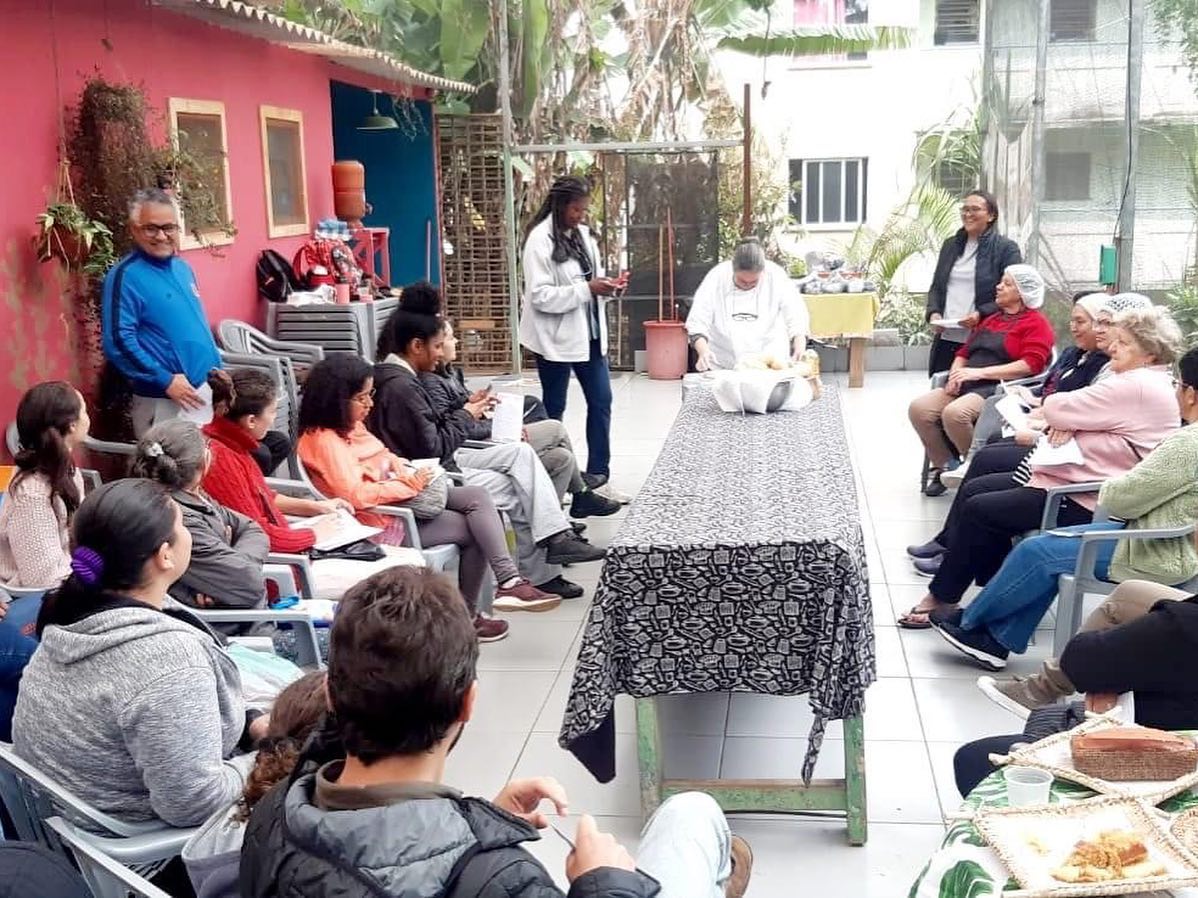

The power of information
Psychoanalysis works with the implication of the subject. This means that the individual relates to society from a specific position. For example, Brazil is a slave-owning society, so the way each person lives in the country is greatly influenced not only by social and economic factors that are the result of this history but also by subjective factors, that is, how people see others and see themselves within that system.
“If a man is 60 years old and wants to be a doctor, for example, and he is poor and black, you know that he will have countless difficulties to reach his goal, so the good psychoanalyst will not say that everything depends on him, but he will help him to discover ways to achieve these goals, that’s listening”, explains Raul.
Thus, understanding how this man’s unconscious acts is important so that he doesn’t give up before he even starts trying. Similar issues are discussed in groups at Favela de Psicanálise. To which Raul asks: is it possible for someone to do analysis when hungry? “Even these days, which are super fast-paced, is there time to stop and reflect? We cannot assume that everyone has time for analysis”, he says, showing how the group is thinking about these issues and inventing other ways of doing psychoanalysis.
“What kind of listening, work, field intervention device are we building? I don’t know if all this can still be called psychoanalysis, but I think it is. And this is the conversation we are having…”, he concludes.
Want to support this cause?
All the work involved in Favela de Psychonálise has been done voluntarily. The project is also setting up a library through book donations.
For more information, contact us by email: secretaria@faveladepsicanalise.org.
